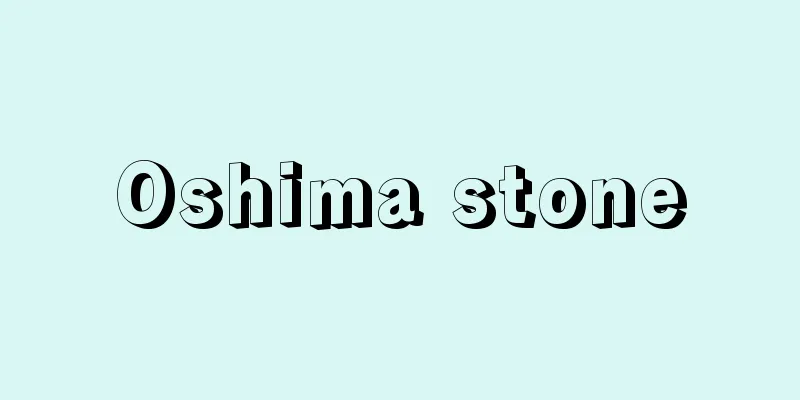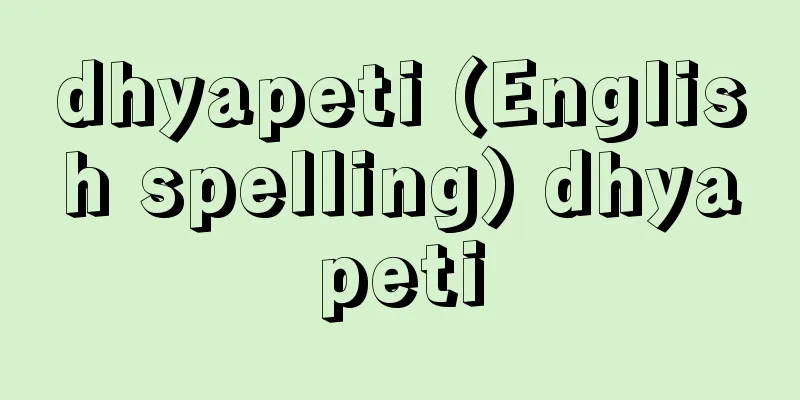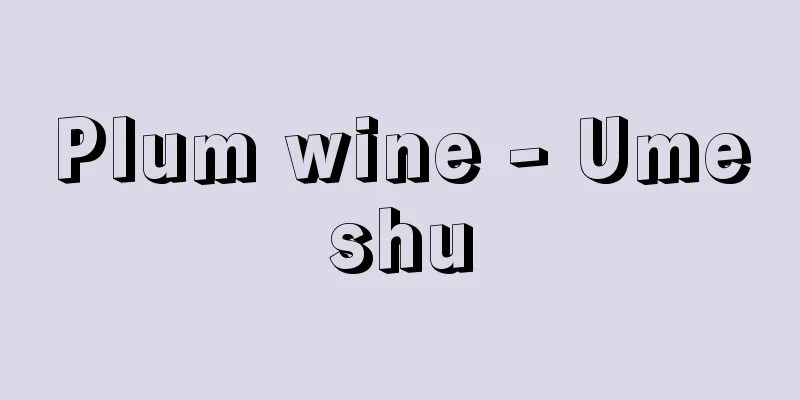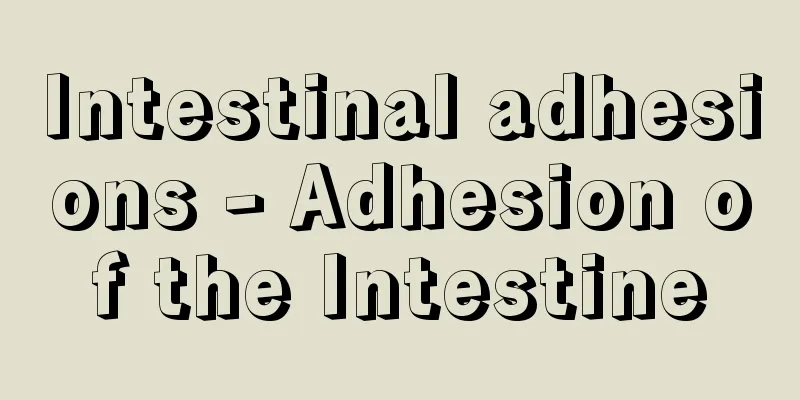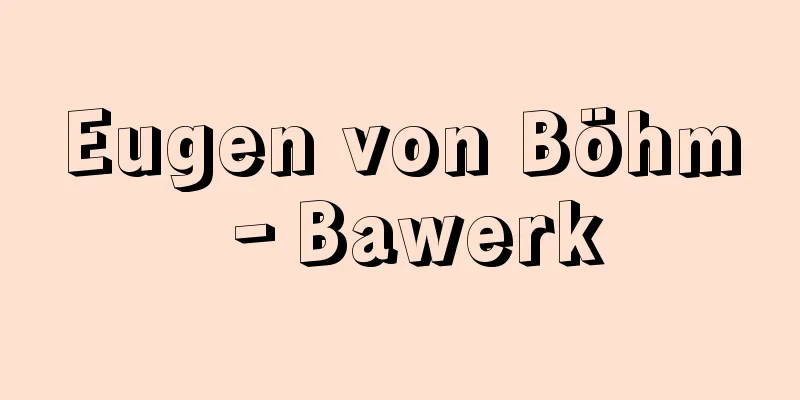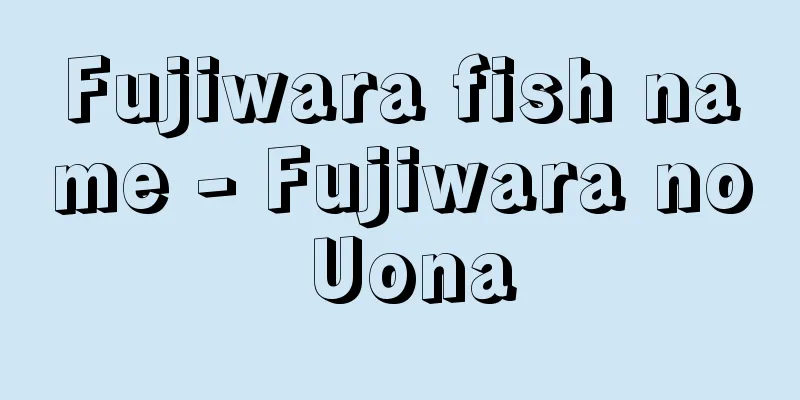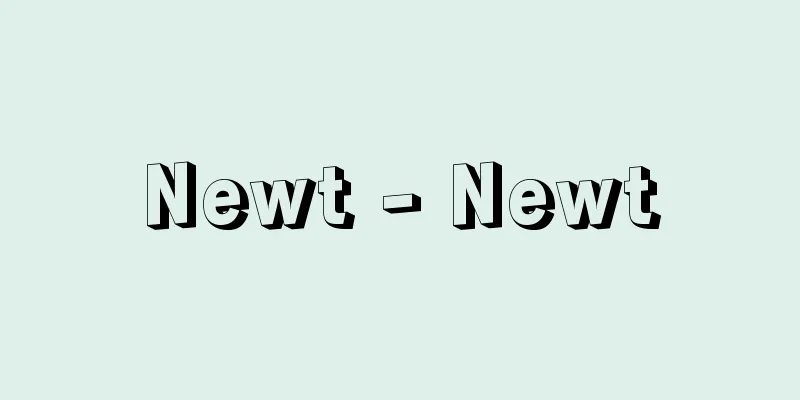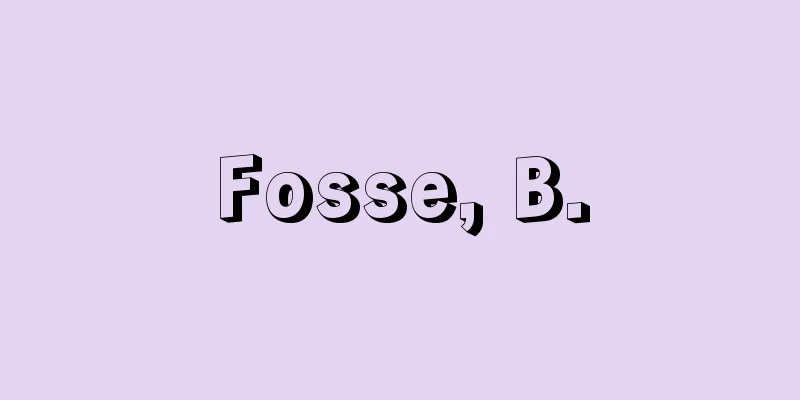Explosives Control Penalties - Bakuhatsubutsutori Shimari Bassoku
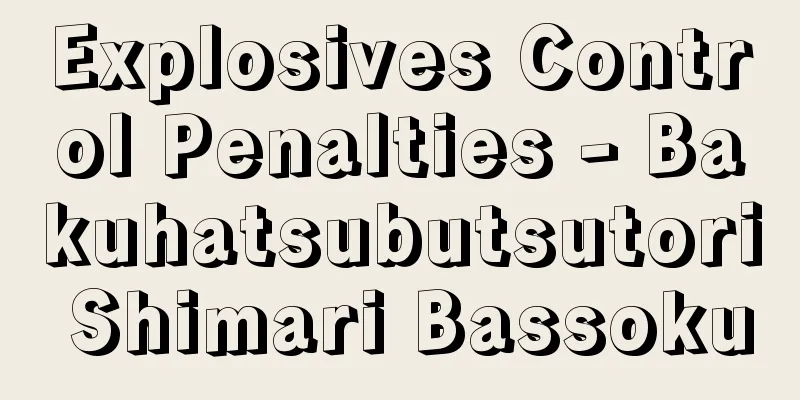
|
This is a supplementary law to the Criminal Code that stipulates the punishment for using explosives for the purpose of disturbing the peace or harming people's bodies or property. It was established by the Dajokan Notification No. 32 in 1884 (Meiji 17), and is currently in force as a law. Article 1 stipulates that those who use explosives for the above-mentioned purpose and those who allow others to use explosives for the above-mentioned purpose will be punished with the death penalty or life imprisonment or imprisonment for a term of seven years or more, and those who attempt to do so will be punished with life imprisonment or imprisonment for a term of five years or more under Article 2. In addition, those who manufacture, import, possess, or order explosives for the above-mentioned purpose, and those who only threaten, instigate, incite, or conspire to commit the crimes under Article 1, will be punished with imprisonment or imprisonment for a term of three to ten years (Articles 3 and 4). This law was amended in 2001 (Heisei 13) to apply to crimes committed overseas when the International Convention for the Suppression of Terrorist Use of Bombs came into force. However, Molotov cocktails were not considered to be explosives under this law, and the "Law Concerning Punishment for the Use of Molotov Cocktails, etc." was enacted in 1972. [Yasuhito Abe] [Reference] |Source: Shogakukan Encyclopedia Nipponica About Encyclopedia Nipponica Information | Legend |
|
治安妨害や人の身体・財産を害する目的での爆発物使用等について、処罰を定めた刑法付属法規。1884年(明治17)の太政官(だじょうかん)告示第32号によるが、現在は法律としての効力を有している。第1条は、上記の目的で爆発物を使用した者および人に使用させた者を、死刑または無期もしくは7年以上の懲役・禁錮に処すと定め、その未遂は、第2条により、無期もしくは5年以上の懲役または禁錮に処される。また、上記の目的で製造・輸入・所持・注文をした者や、第1条の罪を犯そうとして脅迫・教唆・扇動・共謀にとどまった者は3年以上10年以下の懲役または禁錮に処される(3条、4条)。本法は、2001年(平成13)の改正により、「テロリストによる爆弾使用の防止に関する国際条約」の効力発生とともに、国外犯についても適用されることとなった。 なお、火炎びんはこの法律にいう爆発物にあたらないとされて、1972年(昭和47)に「火炎びんの使用等の処罰に関する法律」が制定された。 [阿部泰隆] [参照項目] |出典 小学館 日本大百科全書(ニッポニカ)日本大百科全書(ニッポニカ)について 情報 | 凡例 |
<<: Hakubahibaron (English: Bai-ma fei-ma lun)
Recommend
Invenzione - Invention
...That is, it is a painting with a history or st...
Mogera
…Many species have orange spots on the underside....
Jokin
A Soto Zen monk from the late Kamakura period. Kei...
Lohmann, K.
…It was discovered in the 1920s by muscle biochem...
Arena
〘noun〙 (arena) 1. A type of theater in which the a...
Bedding stratification
The layered arrangement of rocks found in sedimen...
Official Discount Rate
The base interest rate applied when the Bank of J...
Dangerous criminal - Dangerous criminal
In the criminal law, a crime that does not require...
Modern Sports
A general term for sports created in modern Europe...
Caladrius
...In medieval Europe, divination by birds was wi...
Athanasian Creed - Athanasian Creed
A creed widely used in the Western Church. The ori...
Barite - Jyuushoseki (English spelling) barite
It is one of the most common anhydrous sulfate mi...
Kisaki - Kisaki
…the title of the emperor’s kisaki. In the Imperi...
Anglican Communion
…In the narrow sense, it refers to the Church of ...
petit jury
...In contrast, in countries with continental Eur...
